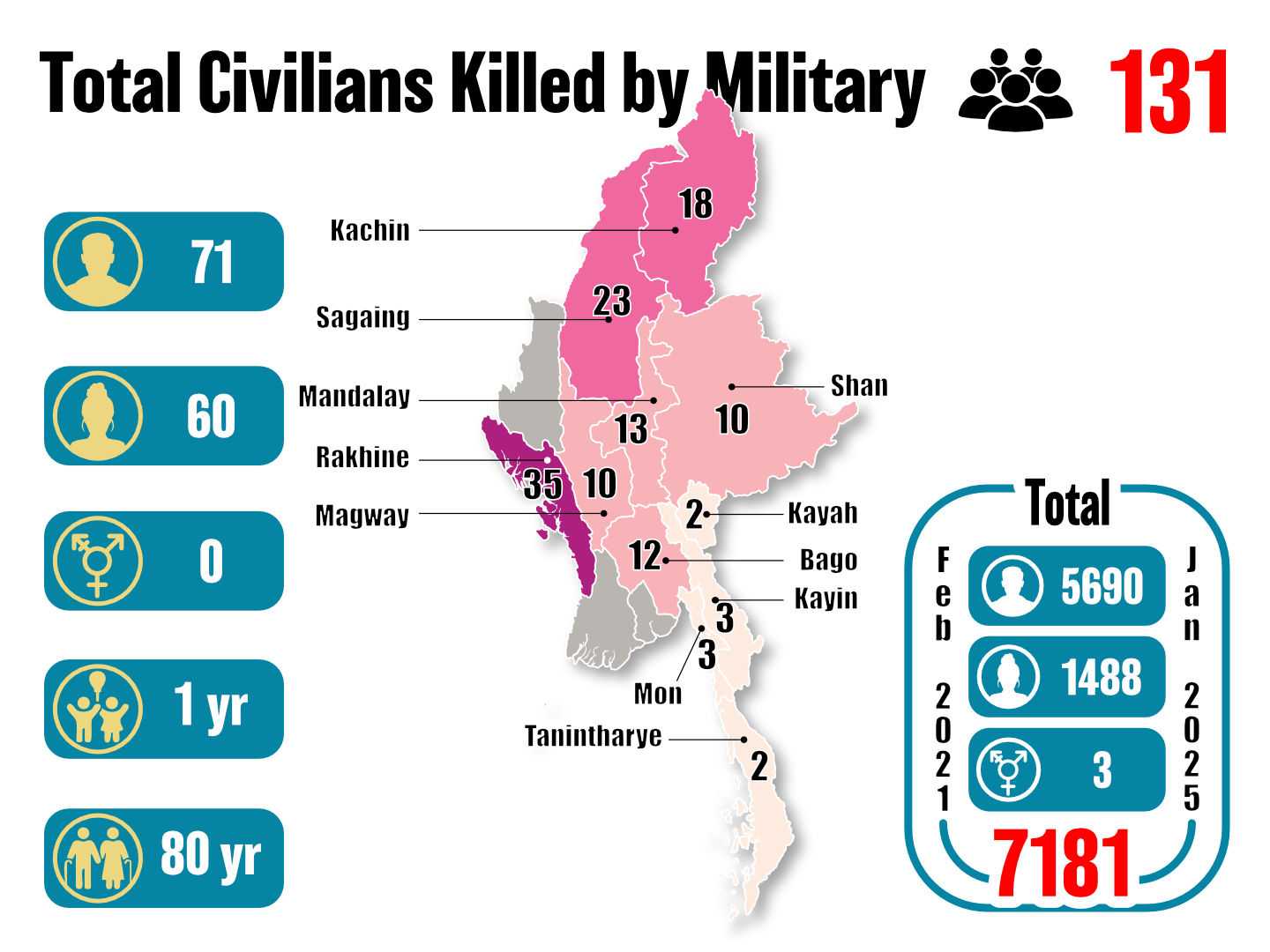World
Burma’s Civil War: U.S. Ignores Strategic Importance Amid Ongoing Conflict

RANGOON, BURMA — As Burma‘s brutal civil war escalates, the military junta formed after the 2021 coup faces challenges in maintaining control over the nation. The conflict intensified following a devastating earthquake on March 28, 2025, which further complicated the humanitarian situation.
The junta, led by the State Administration Council, plans to hold national elections in December 2025 and January 2026, yet its grip on power continues to weaken, primarily due to resistance from ethnic armed organizations and the People's Defense Forces. Despite support from Russia and China, their overall position in the region appears increasingly tenuous.
While the United States has historically positioned itself as a key player in shaping Burma’s future, its current absence is stark. Washington’s failure to engage effectively contrasts with China’s active strategy which includes military support and investments through the Belt and Road Initiative to cement its influence.
China’s comprehensive engagement encompasses arms and intelligence support for the Tatmadaw, discussions with insurgent groups, and investment in infrastructure. This multi-faceted approach aims to ensure that Beijing remains influential regardless of the conflict’s end scenario.
Experts warn that U.S. disengagement from Burma could lead to diminished influence in Southeast Asia, which poses risks to American national security interests in the Indo-Pacific region. Control of Burma’s rich mineral resources, particularly in Kachin and Shan states, is vital as the U.S. looks to counter China’s dominance in the area.
The potential for a stable, democratic Myanmar to serve as a crucial hub for trade and economic connectivity in Southeast Asia is significant. Such stability could offer an alternative to China’s expanding influence, as well as open pathways for resource accessibility.
Moreover, Burma’s situation encapsulates broader global ideological struggles, contrasting democratic aspirations against authoritarianism and ethnic fragmentation against civic inclusion. The U.S. has opportunities to influence outcomes through enhanced recognition and support for ethnic armed organizations and the National Unity Government.
Congress is actively addressing the situation, with recent calls for an additional $121 million in appropriations to support pro-democracy efforts in Burma, reinforcing commitments to humanitarian assistance and the isolation of the junta. However, any future success hinges on a sustained U.S. presence and proactive policy engagement.












